Alphabet Recognition Normal Letter Recognition Worksheets for Ages 3-8
30 filtered results
-
From - To
Boost your child’s literacy skills with our "Alphabet Recognition Normal Letter Recognition Worksheets" designed for ages 3-8. Our fun and educational worksheets help young learners identify and memorize both uppercase and lowercase letters. Through engaging activities and colorful illustrations, children will enhance their letter recognition abilities, forming a strong foundation for reading and writing. Each worksheet is specifically created to suit the learning pace of kids aged 3-8, fostering confidence and motivating continuous learning. Perfect for home or classroom use, these printable worksheets make early alphabet learning enjoyable and effective for all young scholars.
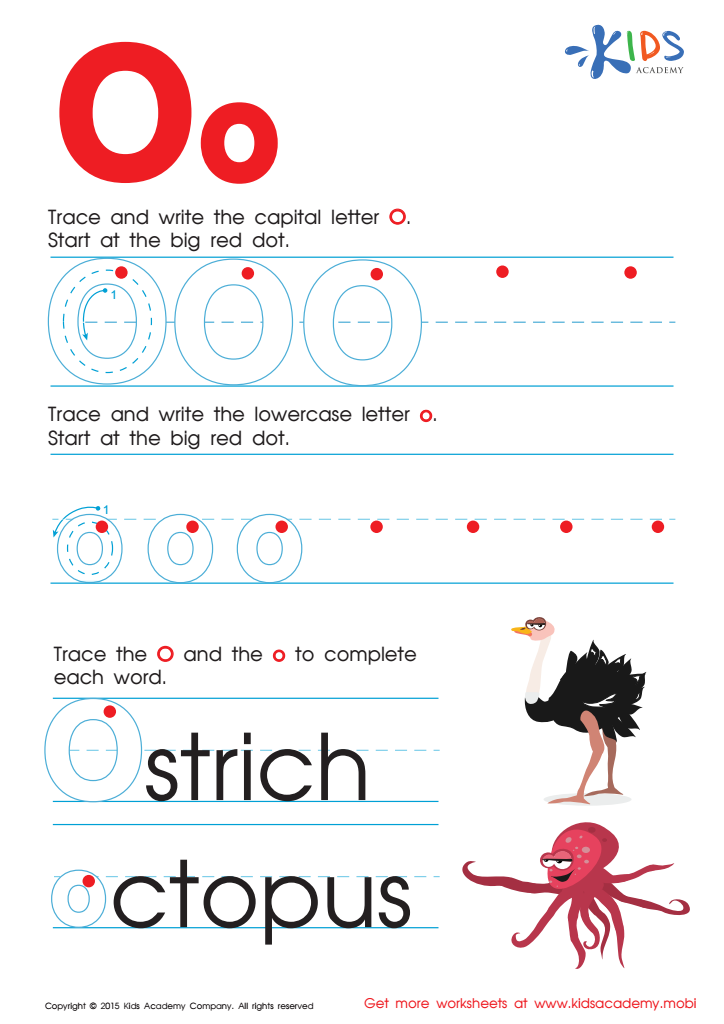

Letter O Tracing Page
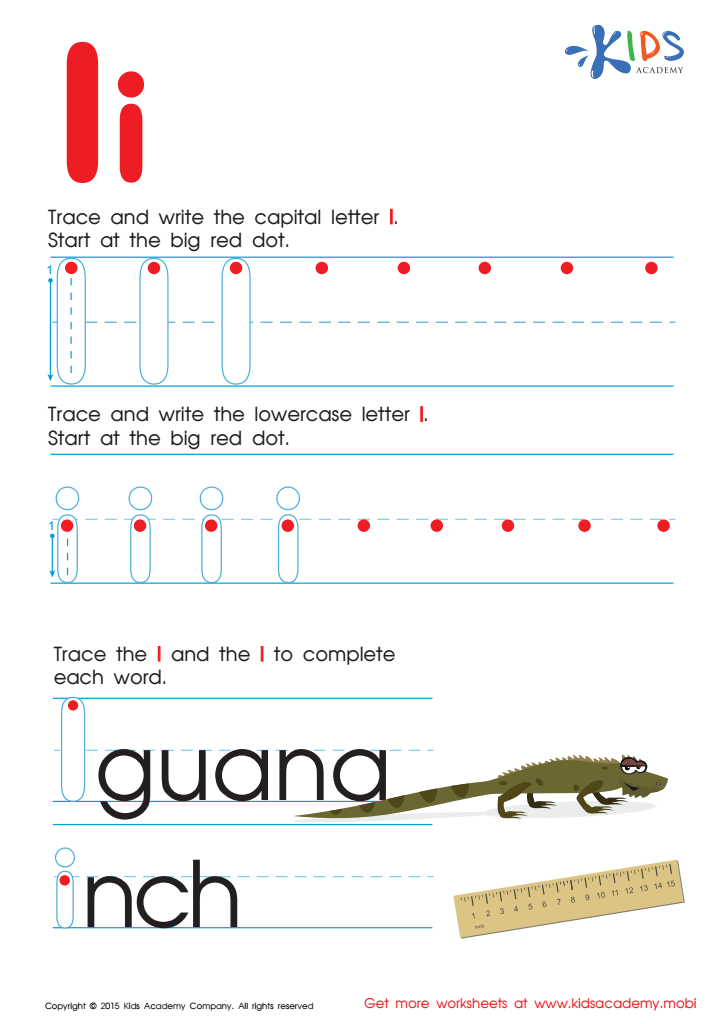

Letter I Tracing Page
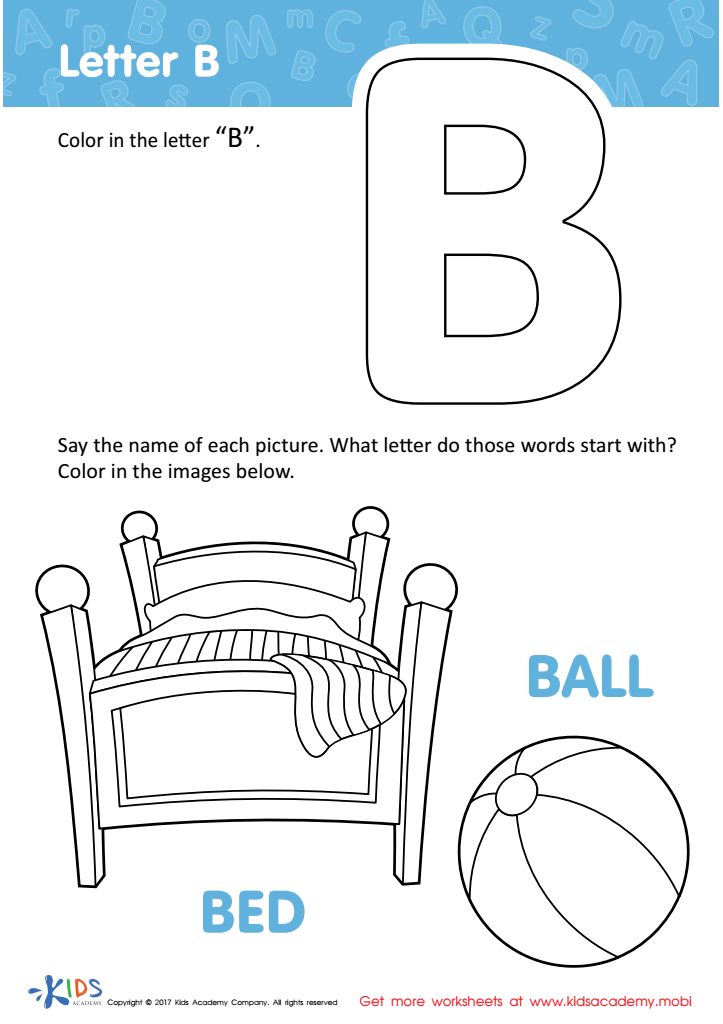

Letter B Coloring Sheet


Letter A Coloring Sheet
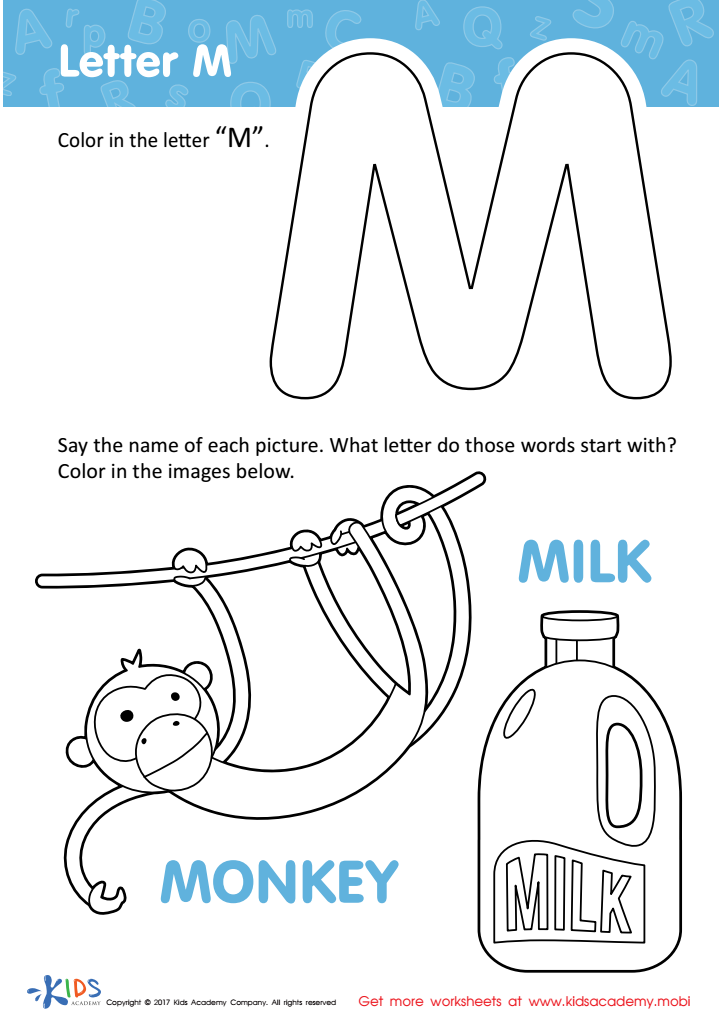

Letter M Coloring Sheet
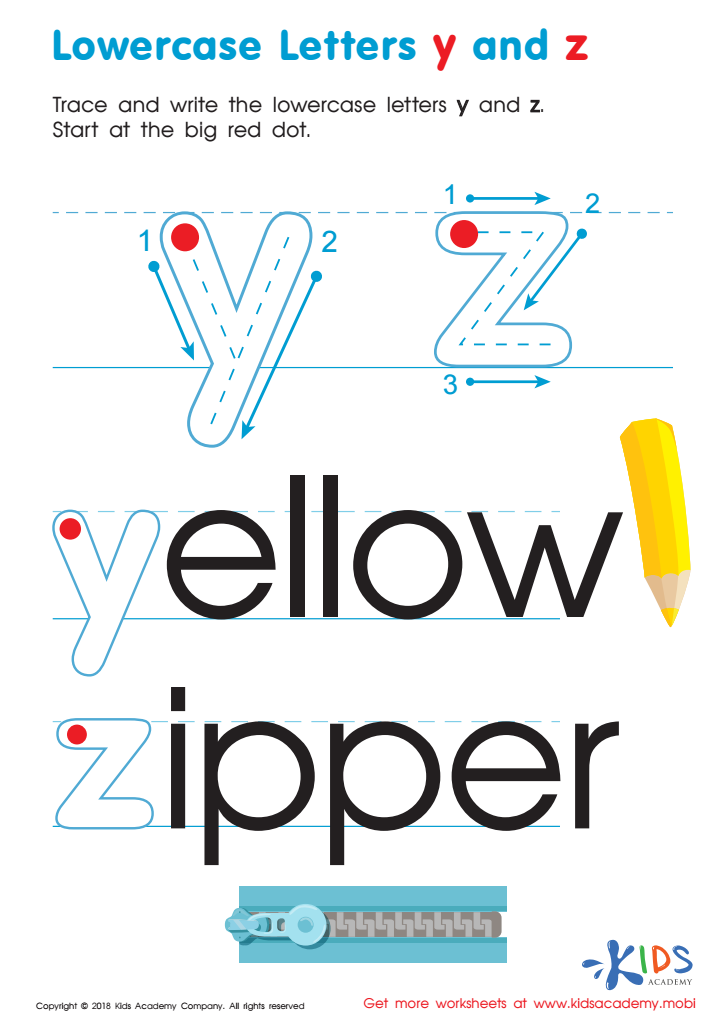

Lowercase Letters y z Worksheet
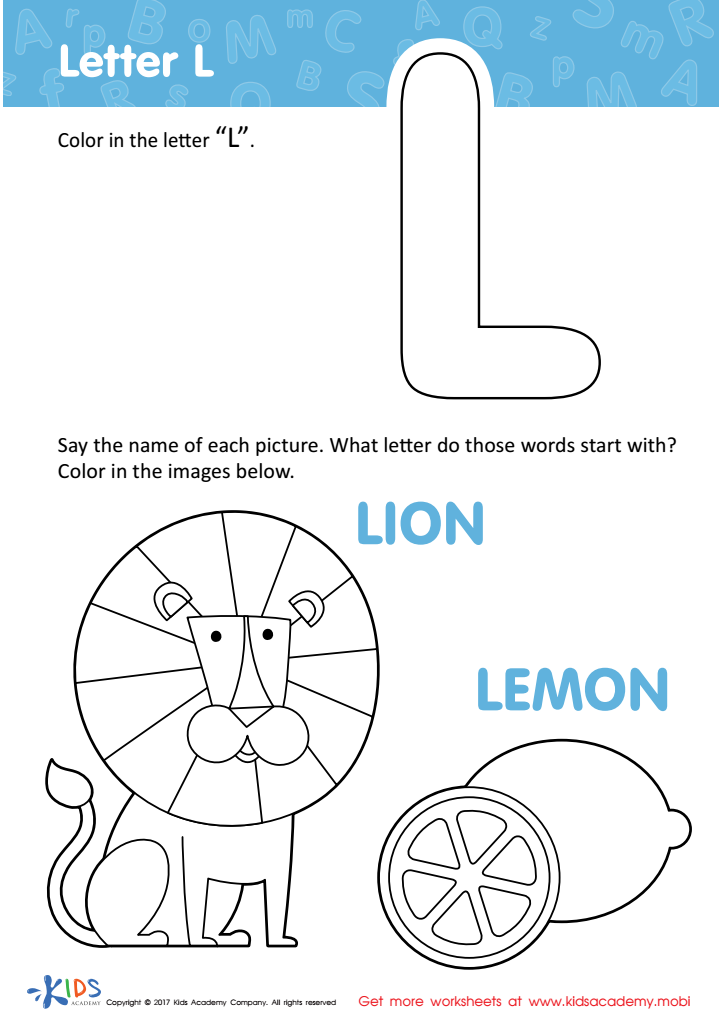

Letter L Coloring Sheet
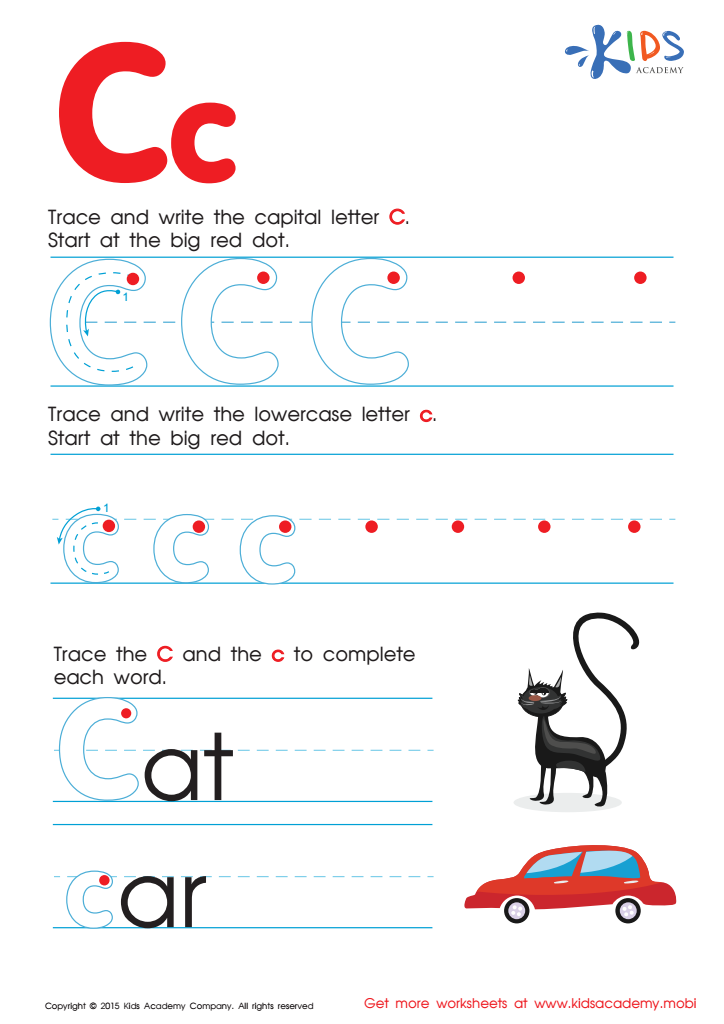

Letter C Tracing Page
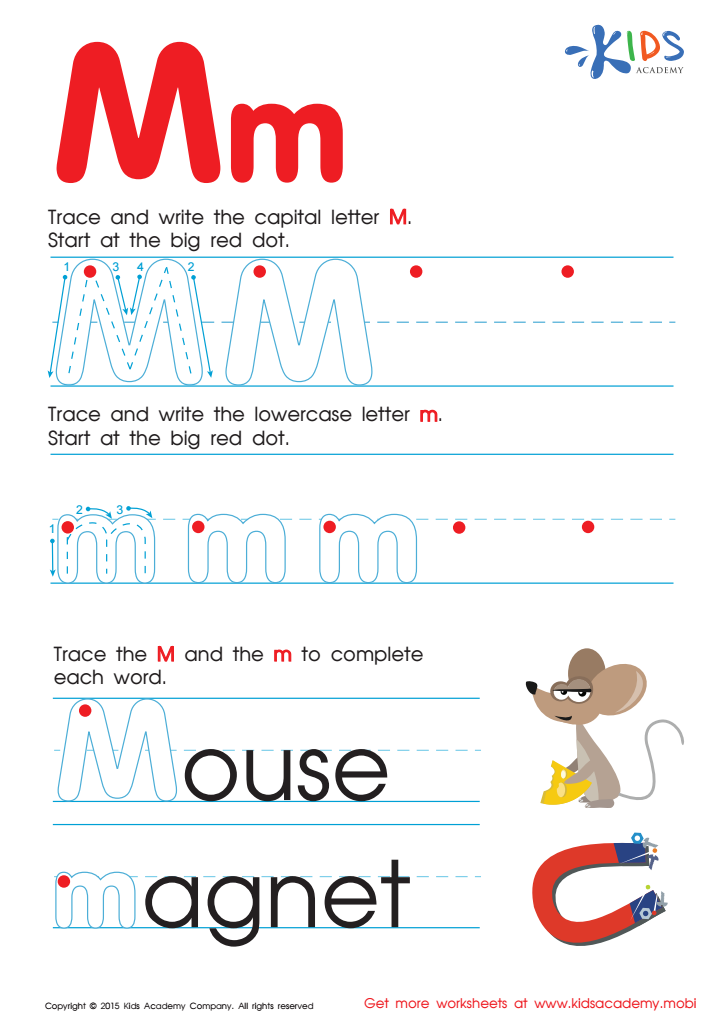

Letter M Tracing Page
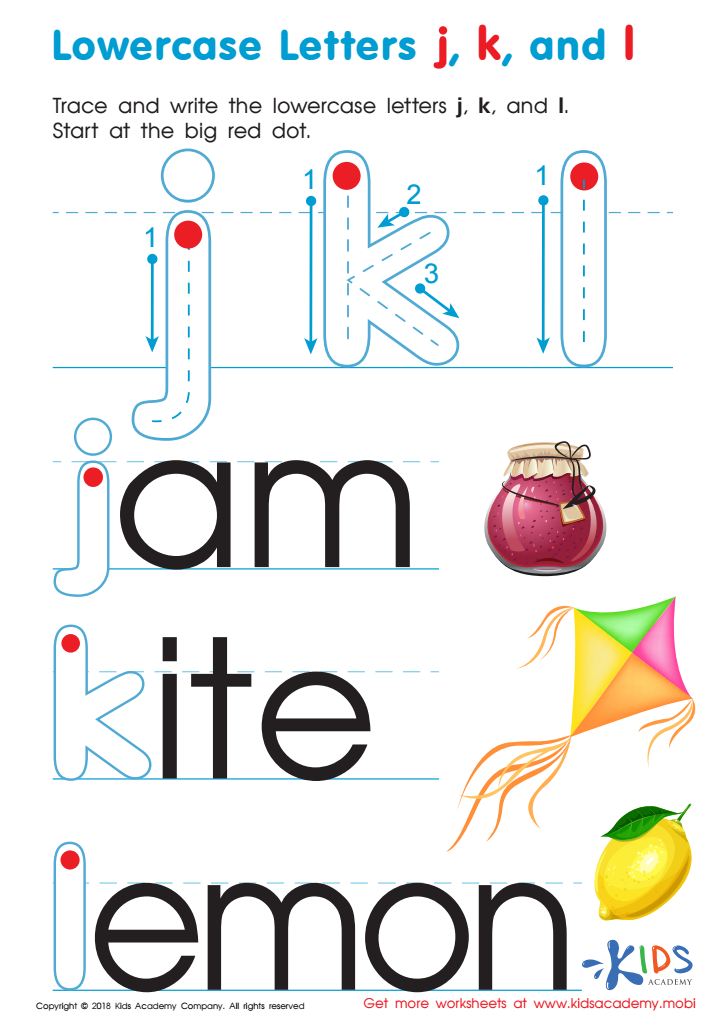

Lowercase Letters j k l Worksheet
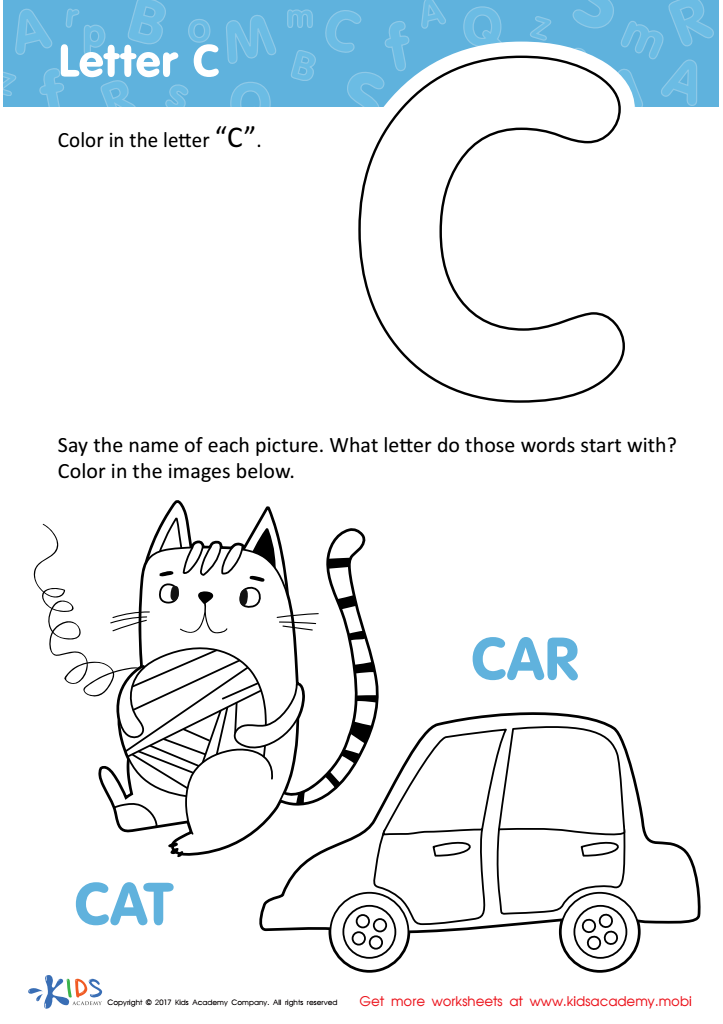

Letter C Coloring Sheet
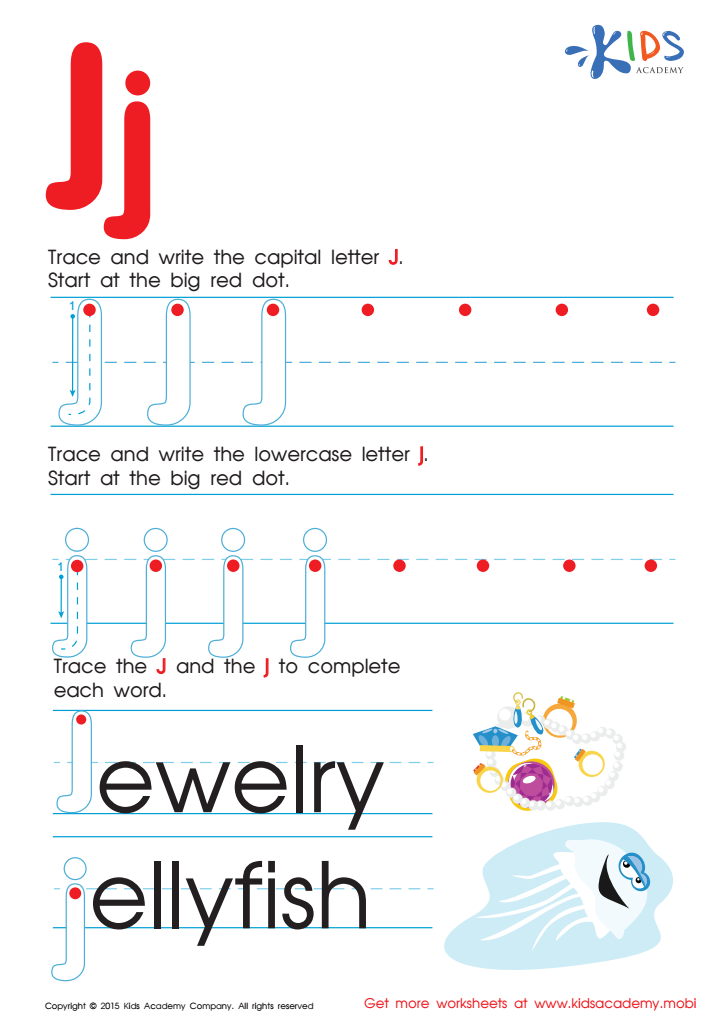

Letter J Tracing Page
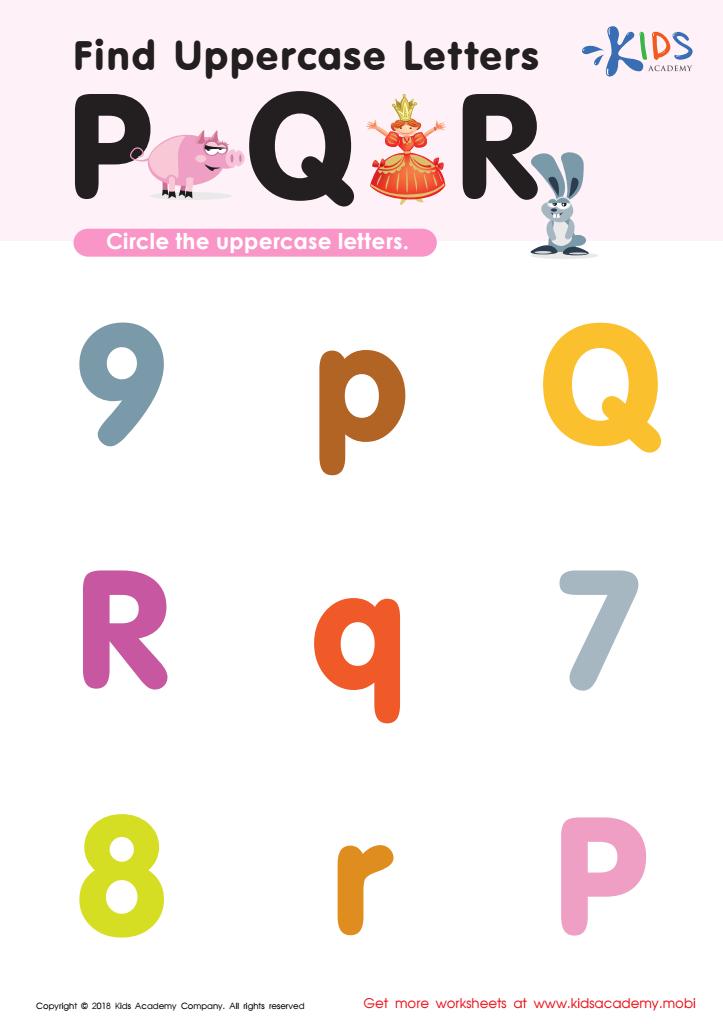

Find Uppercase Letters P, Q, and R Worksheet
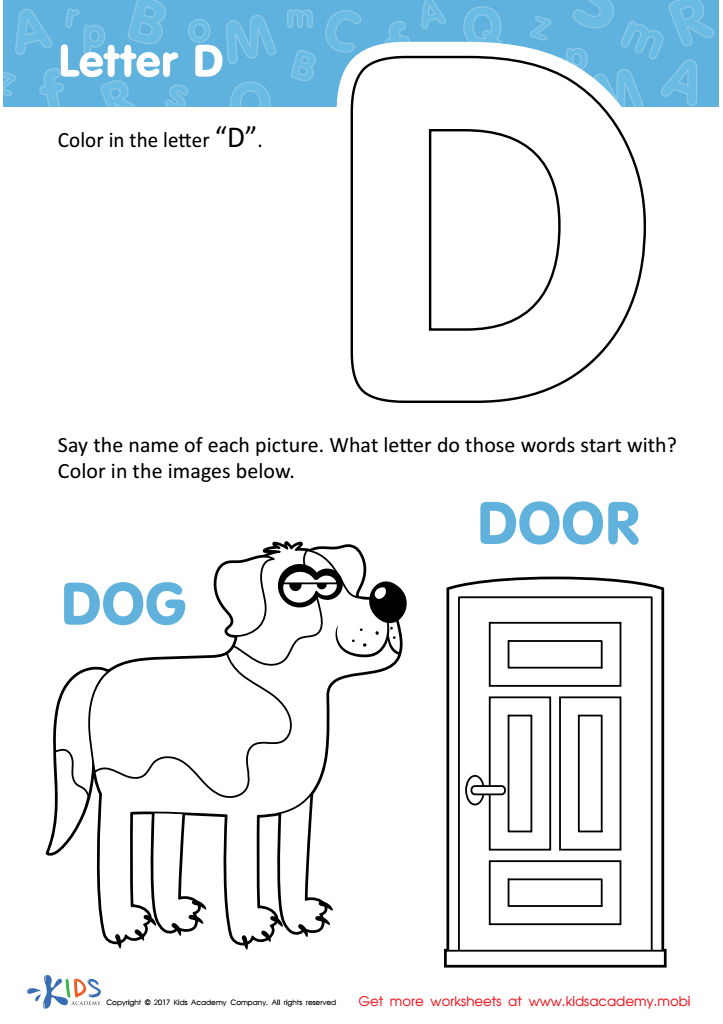

Letter D Coloring Sheet
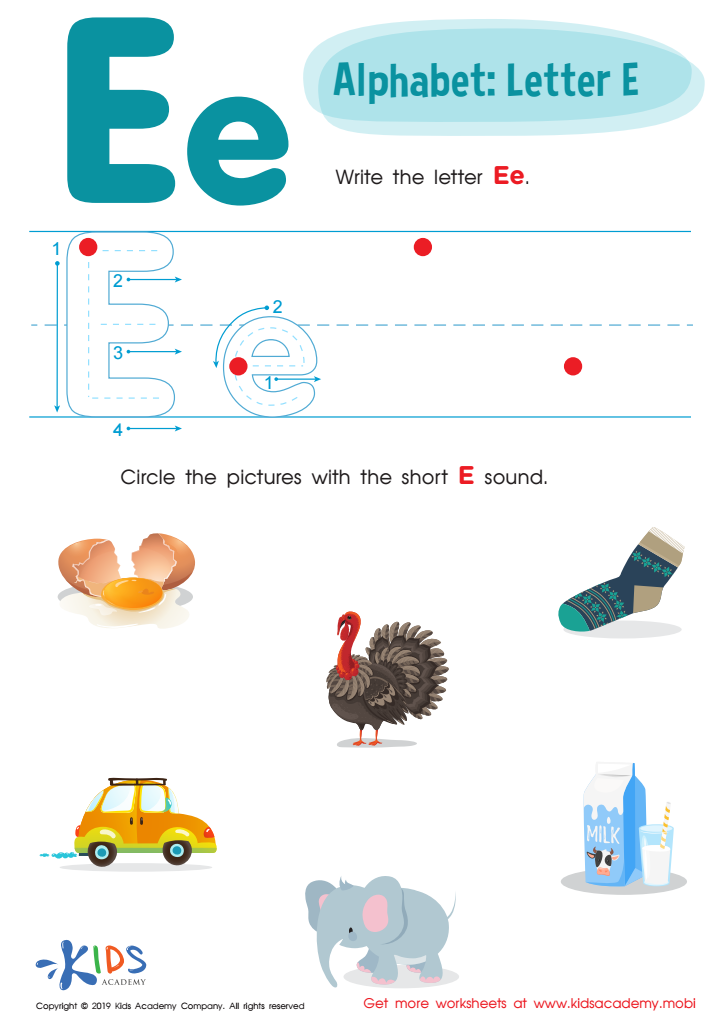

Letter E Tracing Worksheet
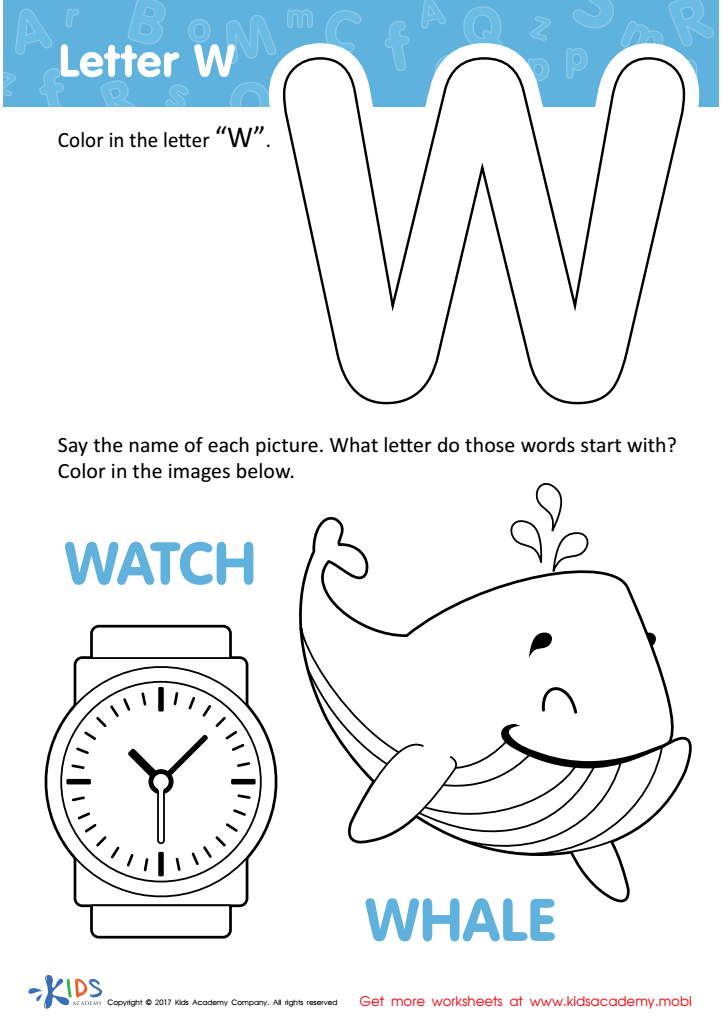

Letter W Coloring Sheet
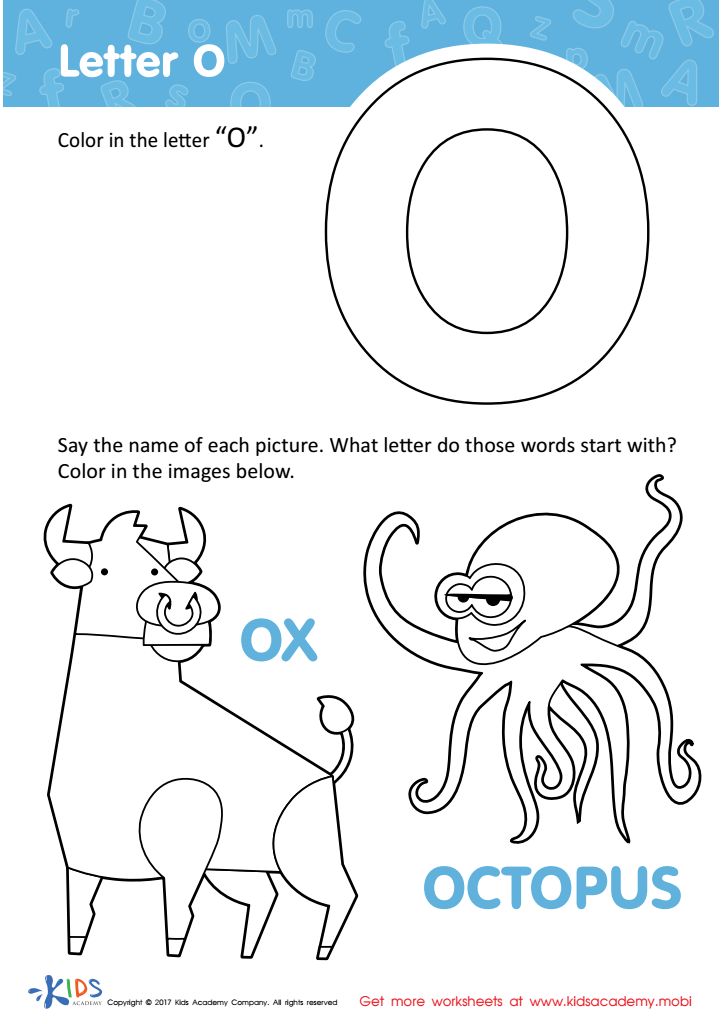

Letter O Coloring Sheet
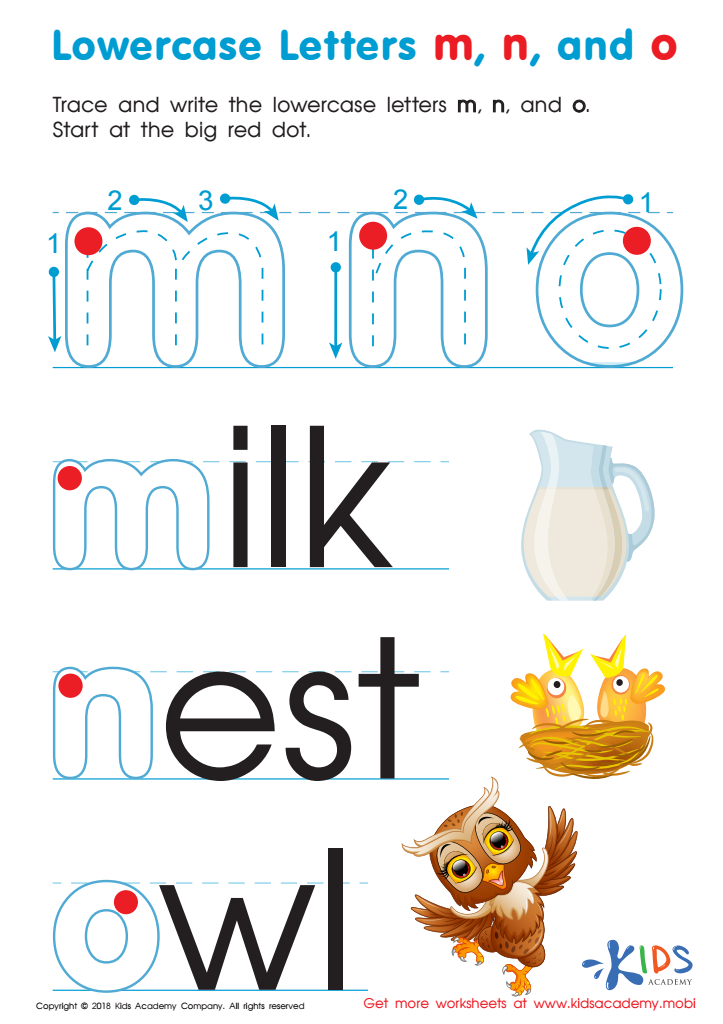

Lowercase Letters m n o Worksheet
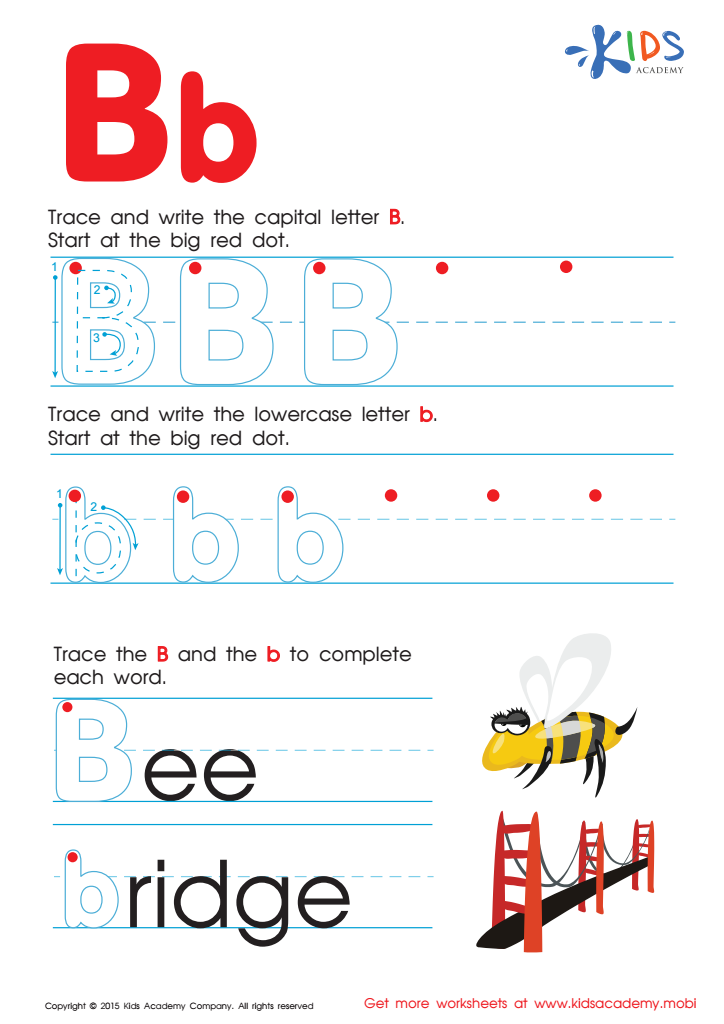

Letter B Tracing Page
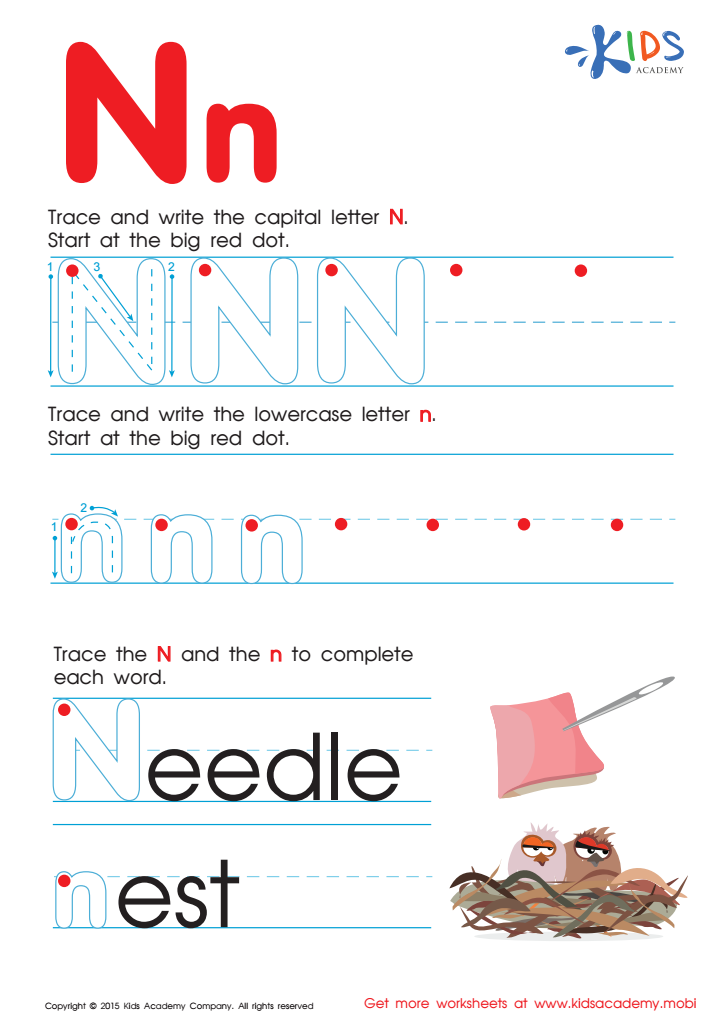

Letter N Tracing Page
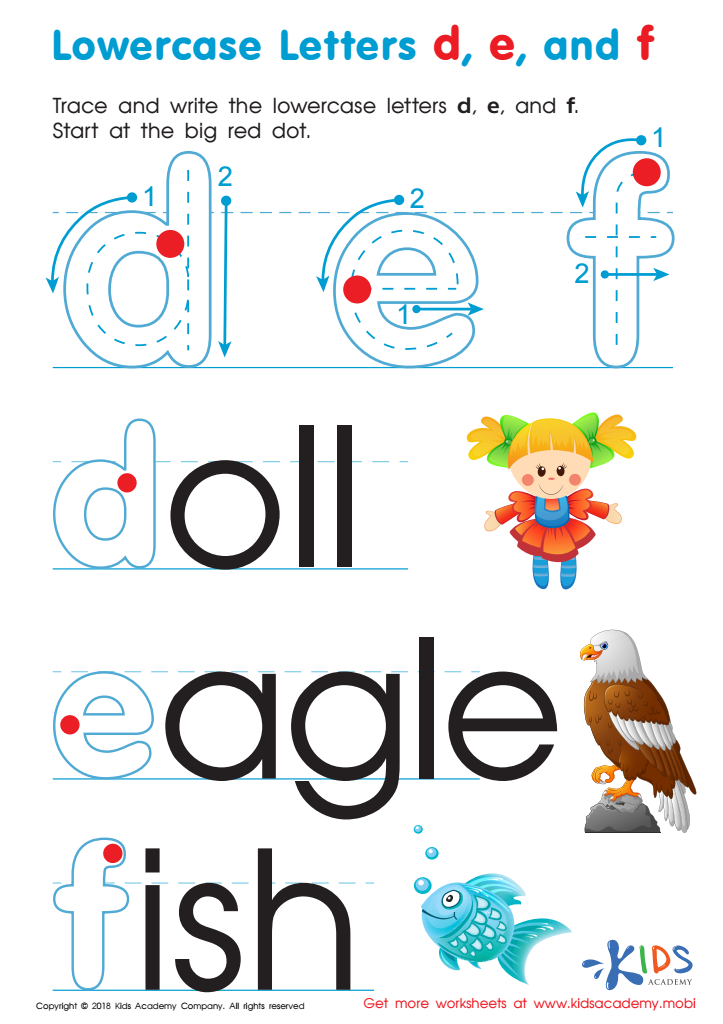

Lowercase Letters d e f Worksheet
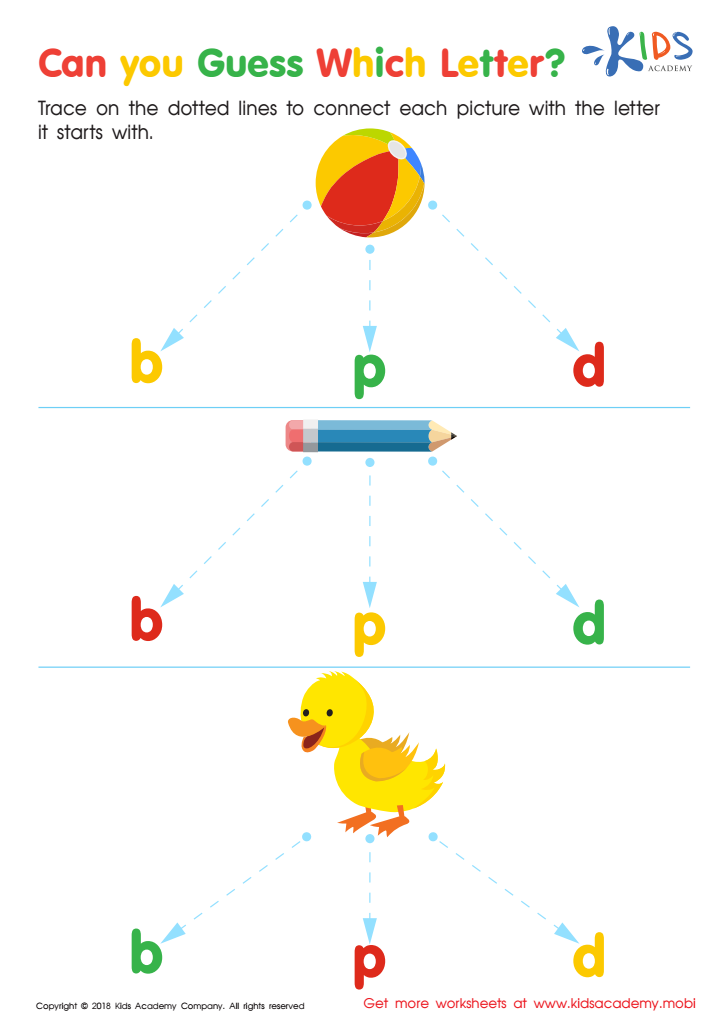

Can you Guess Which Letter? Worksheet
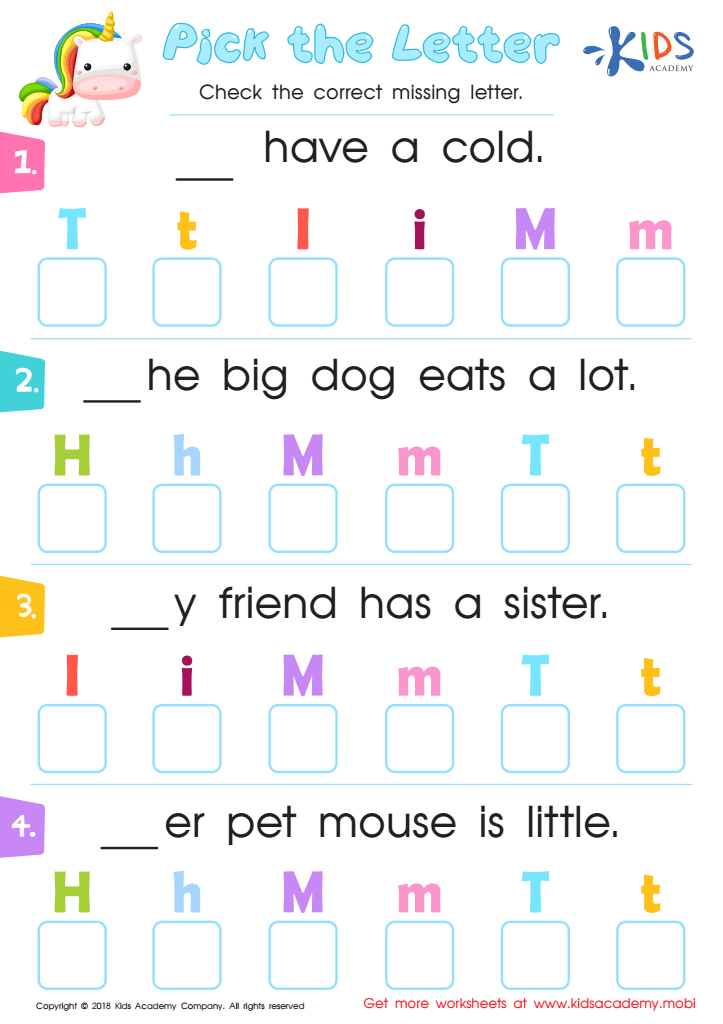

Pick the Letter Worksheet
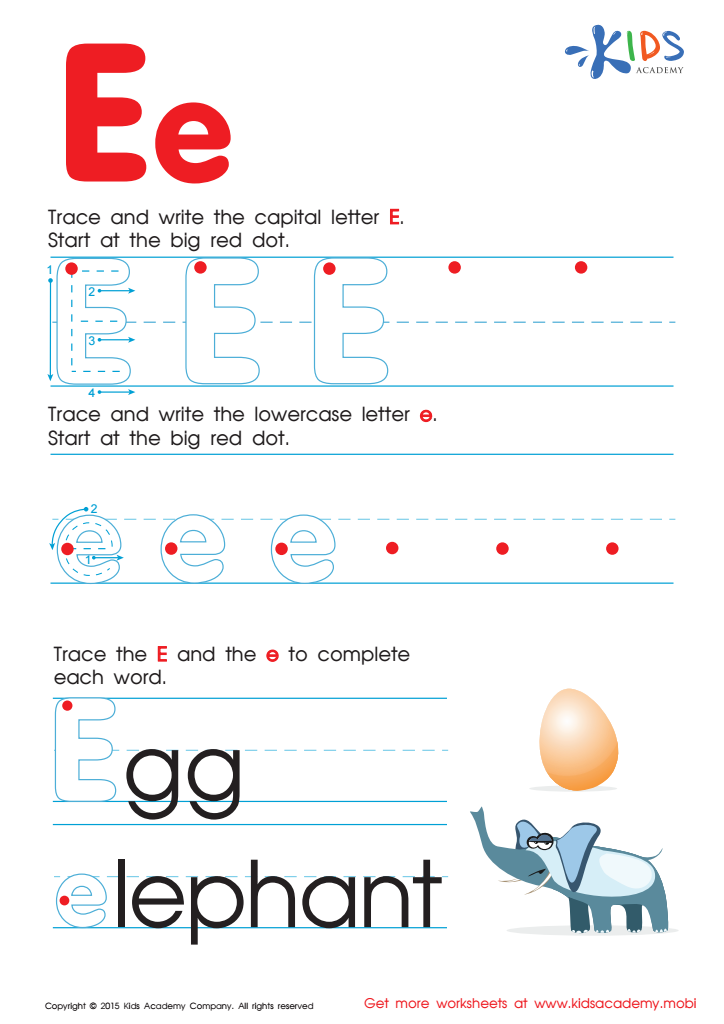

Letter E Tracing Page
Alphabet recognition is a fundamental building block for early literacy, crucial for children between the ages of 3 and 8. During these formative years, children's brains are highly receptive to language acquisition and cognitive development. Learning to identify both the uppercase and lowercase letters of the alphabet is an essential step toward reading and writing proficiency.
Firstly, alphabet recognition enables children to understand that letters symbolize sounds, a cornerstone of phonemic awareness. This awareness is critical for effective decoding skills, where children learn to read by sounding out words. Without a strong grasp of which sounds correspond to which letters, reading fluency and comprehension become unattainable.
Secondly, early alphabet recognition fosters confidence and enthusiasm for learning. When children can correctly identify letters, they experience a sense of achievement, making the learning process enjoyable rather than frustrating. This positive reinforcement encourages a lifelong love for reading and learning.
Teachers and parents should prioritize alphabet recognition to set the stage for future academic success. Investing in activities like alphabet games, flashcards, and songs can make the learning process engaging and effective. By focusing on alphabet recognition in these pivotal early years, adults equip children with the essential tools they will need for more complex literacy skills, ensuring they are well-prepared for their educational journey.
 Assign to My Students
Assign to My Students















